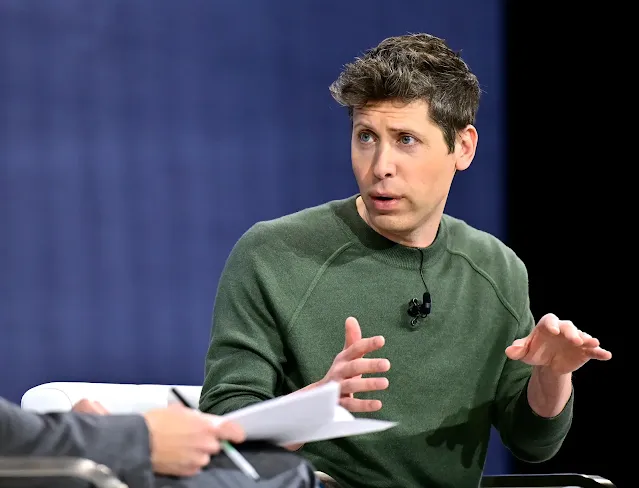In a recent appearance on Theo Von’s podcast This Past Weekend, OpenAI CEO Sam Altman gave a frank warning to ChatGPT users: conversations with the chatbot aren’t legally private.
Altman explained that while people often turn to ChatGPT for personal advice—like they would a therapist or life coach—those chats aren’t protected by confidentiality laws. "There’s legal privilege when you talk to a doctor, lawyer, or therapist," he said, "but not when you talk to ChatGPT. We haven’t figured that out yet."
His comments highlight a growing concern: AI is becoming a trusted space for emotional and personal support, but it doesn’t come with the legal protections users might assume. Altman even floated the idea of creating "AI privilege," a concept similar to doctor-patient confidentiality, to protect users in the future.
The issue takes on more urgency amid an ongoing lawsuit brought by The New York Times against OpenAI. A U.S. court has ordered the company to preserve all ChatGPT data, including conversations users thought had been deleted. The ruling applies to free, Plus, Pro, and Team accounts. Only enterprise and educational accounts are excluded. Normally, chats are deleted from OpenAI’s servers within 30 days, but that policy is now paused due to the legal order.
This development has raised eyebrows among privacy advocates. OpenAI’s own privacy policy says user data can be shared with third parties, including law enforcement, if required by law.
Until stronger safeguards are in place, experts urge people not to treat AI chats like private therapy sessions. For legal, medical, or mental health concerns, they recommend sticking with professionals who are bound by confidentiality rules.
OpenAI hasn’t released an official response to Altman’s remarks, but with AI use growing rapidly, the conversation around privacy is only just beginning.





.jpeg)
.jpeg)




0 Comments